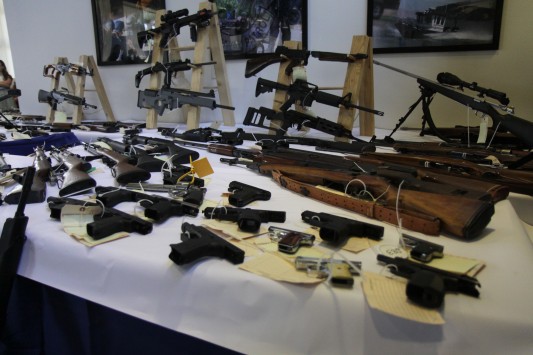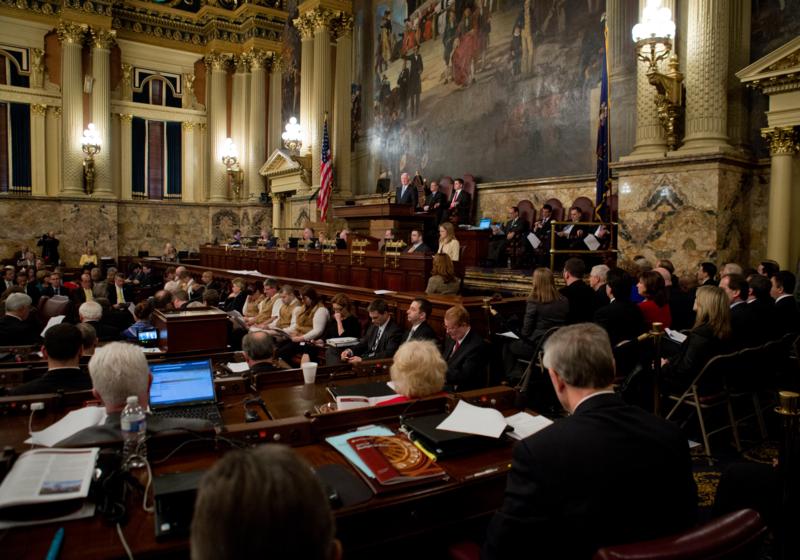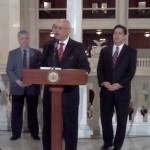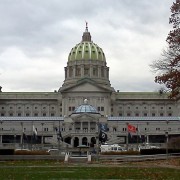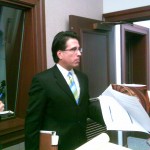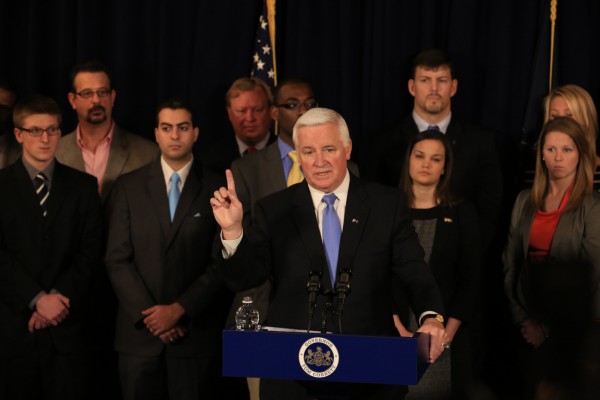Opinions Shift on Same-Sex Marriage
Public opinion is changing when it comes to same-sex marriage in Pennsylvania. Today’s Franklin & Marshall College Poll finds that 52% of Pennsylvania voters now favor legal marriage for gay and lesbian couples, compared to 41% who oppose it.
Poll Director Terry Madonna believes this is the first poll to show majority support for the issue in PA. “Some polls gave gotten up to 47, 49, even 50% support – depending on how the question was worded – but not a majority support for gay marriage,” Madonna tells Radio PA, “heavily driven by young voters whose attitudes on gay marriage are very different from seniors who oppose gay marriage.”
Just seven years ago, in May 2006, Madonna’s poll found just 33% support for same-sex marriage in the Keystone State.
Democratic state Senator Daylin Leach (D-Montgomery) has long been pushing marriage equality legislation, and is already circulating a co-sponsorship memo this session, which would legalize same-sex marriage in Pennsylvania. However, while public opinion may be changing, Madonna believes the Republican-controlled General Assembly is still many years away from changing state law.
The F&M Poll provides a number of compelling results aside from the same-sex marriage issue. Here’s a sampling:
– Governor Tom Corbett’s job performance rating has hit a new low, as just 26% indicate that he’s doing a “good” or “excellent” job.
– 64% oppose plans to put Pennsylvania Lottery operations in the hands of a private manager.
– 82% want more money being spent on transportation infrastructure, but only 47% support the main recommendations of the TFAC report.
– 53% support privatizing state-run liquor stores.




